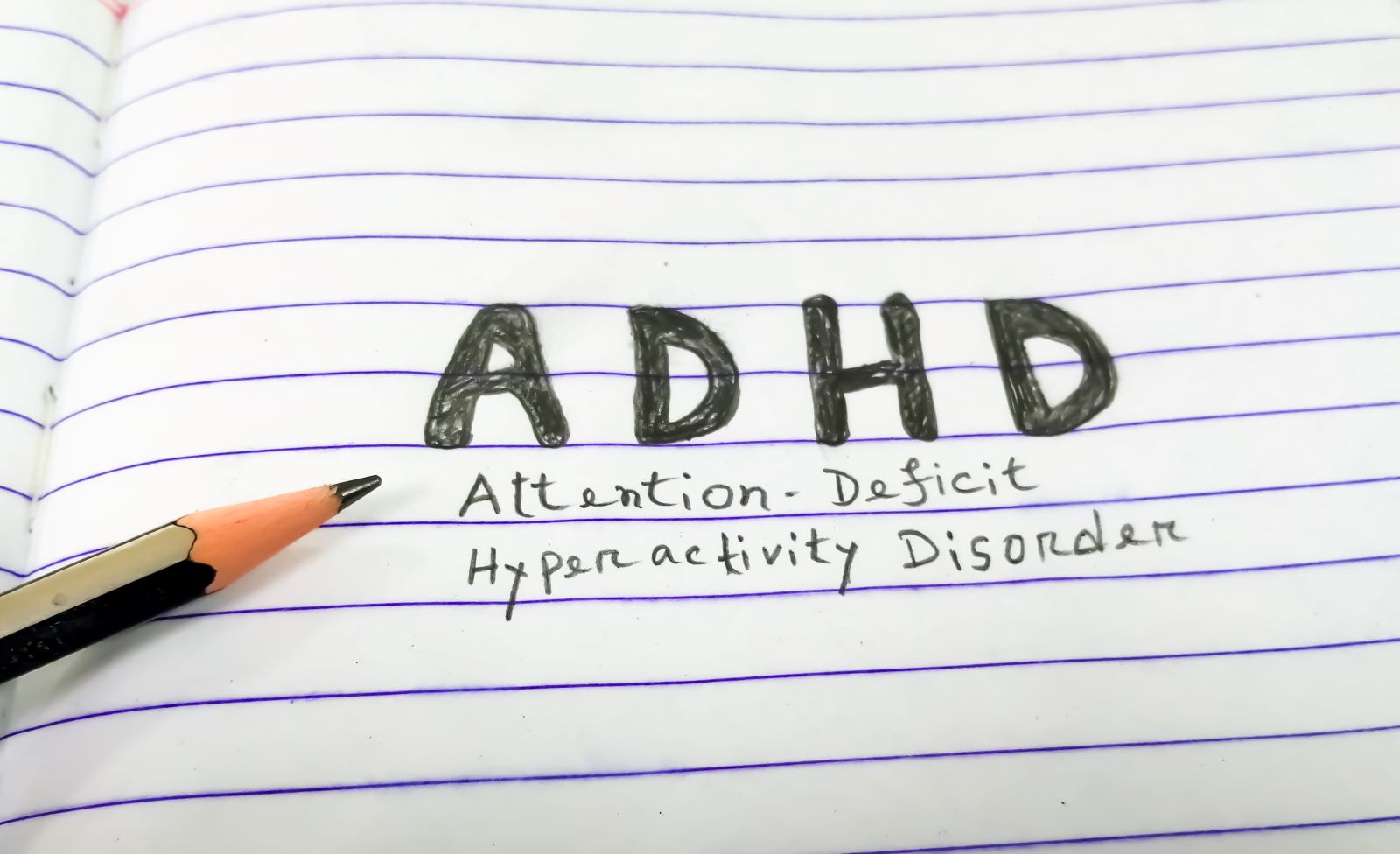<< Back
Is ADHD Really on the Rise?

August 03, 2023
Sometimes drug shortages are due to manufacturing problems or dwindling ingredients, other times they stem from increased demand.
When it comes to medication to treat attention deficit hyperactivity disorder (ADHD), demand has increased in concert with hikes in diagnoses – one British study reported a 20-fold increase in diagnoses since 2000 for just men alone. Women experienced a 15-fold increase.
What Michael Stevens, PhD, an ADHD neuroscientist at Hartford HealthCare’s Institute of Living, stresses is important to note, however, is that these numbers do not mean the condition is occurring more often, just that more people are seeking and receiving a diagnosis. Many of those also now take medication to control the condition.
Why does it seem more people have ADHD and other psychiatric conditions?
Added diagnoses of ADHD – a condition linked with difficulty paying attention, being overly active and trouble controlling impulsive behaviors – likely stems from broader awareness of the condition worldwide, Dr. Stevens says.
And, he adds, it’s also about how you interpret the numbers.
“In 2014, researchers published a summary of 135 epidemiological studies over 30 years that was clear ADHD is not occurring in more and more children and teenagers,” he says. “This is important, because we know the rates of a few other psychiatric illnesses, such as depression, are increasing.”
Since the 1970s, more people have been diagnosed with depressive illness, but the same isn’t true for ADHD, for which he says any differences across studies usually can be explained by the methods the investigators used to estimate prevalence.
“When experts have surveyed large numbers of people to learn how many people have ADHD diagnoses across the population, it’s been the same from decade to decade. In contrast, in the past decade or so, way more people are aware of what ADHD is and eventually seek formal diagnosis,” he says. “That treatment seeking, in part, leads to more doctors giving out more diagnoses.”
Does ADHD really occur more in men?
It’s less clear what causes such drastic differences in the rates of ADHD between males and females, Dr. Stevens continues.
“We know four boys to every one girl have ADHD. This continues to be a focus of study because we don’t yet have the best explanations,” he says. “But, even so, many girls who really do have the diagnosis go unrecognized. Why? We have to point the finger, in large part, at social stereotypes and even physician misconceptions and myths.
“Many doctors were never trained to understand that girls have the same ADHD symptoms as boys because the specific ways they show those symptoms don’t fit ADHD stereotypes.”
That common stereotype, he explains, often evokes images of on an out-of-control boy who’s bouncing off the walls loudly singing Christmas carols during math class. Girls aren’t diagnosed as much as boys because that stereotype less often describes their behavior. Girls still might have problems with hyperactive or impulsive behavior, but those ADHD symptoms manifest differently in them.
“It’s also possible that awareness of the condition between males and females is disproportionate,” Dr. Stevens says, adding he’s never seen a specific study asking about male/female awareness rates. “However, I’d guess the improvement in awareness is likely leading to the same level of increased diagnoses in both males and females, like rising tides lifting all boats.”
Is there an increase in demand for ADHD medication?
It’s a natural conclusion that an increase in demand for a product can cause a shortage, Dr. Stevens says.
The healthcare research company Trilliant Health reported that more adults ages 22 to 44 sought care for ADHD in 2021, and 15% more adults in the age group had a prescription for Adderall, a stimulant prescribed for the condition, in 2021 compared with the year before.
But, he says the market typically corrects available inventories once it’s clear that increased demand for the medications likely will be sustained.